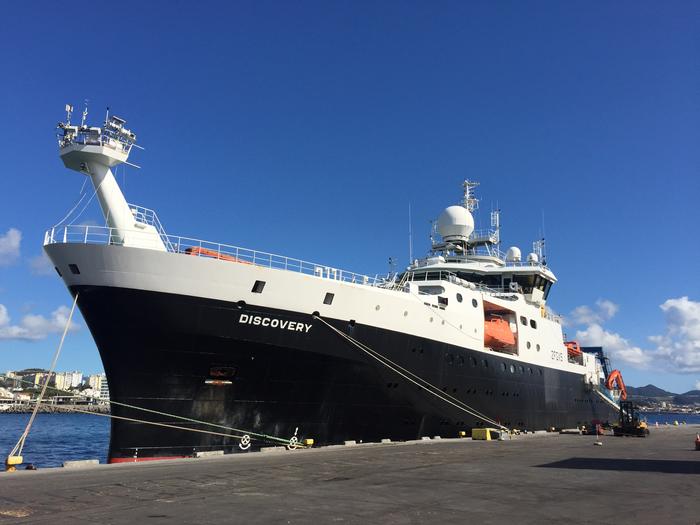A new study by researchers at the Department of Environmental Science, Stockholm University, published in Science Advances, reveals that PFAS re-emit into the air from crashing ocean waves at levels comparable to or greater than other sources, establishing a cyclical transport process for these “forever chemicals” between land and sea.

Credit: Bo Sha, Department of Enviromental Science, Stockholm University
A new study by researchers at the Department of Environmental Science, Stockholm University, published in Science Advances, reveals that PFAS re-emit into the air from crashing ocean waves at levels comparable to or greater than other sources, establishing a cyclical transport process for these “forever chemicals” between land and sea.
“The common belief is that per- and polyfluoroalkyl substances, PFAS, drain from the land into the oceans where they stay to be diluted into the deep oceans over the timescale of decades,” said Ian Cousins, Professor at the Department of Environmental Science and co-author of the study. “But we’ve now demonstrated in multiple studies that there’s a boomerang effect, and some of the toxic PFAS are re-emitted to air, transported long distances and then deposited back onto land.”
Field experiments across the Atlantic Ocean conducted by co-authors Bo Sha, Post-doc at the Department of Environmental Science and Jana Johansson, former Researcher at the Department of Environmental Science, currently at Linköping University, showed PFAS concentrations in air particles surpassing seawater concentrations by over 100,000 times. Subsequent global modeling estimated the re-emission, atmospheric transport, and deposition of PFAS to land.
“Jana (Johansson) and I worked intensively for two months on a ship conducting multiple field experiments with our custom-built sea spray simulator,” explained Bo Sha, the main author of the study. “While our results are scientifically impactful, they are disconcerting, creating a lot of interest among scientists, regulators, and the public.”
PFAS impacting health in coastal regions
PFAS, characterized by their extreme persistence leading to their colloquial designation as “forever chemicals, ”are associated with a variety of serious health conditions, including cancer, fertility issues, and compromised immune system function.
“In Denmark, scientists have compiled compelling evidence indicating that the sea serves as the primary source of PFAS along their west coast,” explained Matthew Salter, Researcher at the Department of Environmental Science and co-author of the study. “This aligns with our expectations, as our study predicts that coastal regions bear the greatest impact.”
The research was funded by the Swedish Research Council, FORMAS, the INTEGRATE project, and was part of the Atlantic Meridional Transect programme funded by the UK Natural Environment Research Council.
Journal
Science Advances
DOI
10.1126/sciadv.adl1026
Method of Research
Experimental study
Subject of Research
Not applicable
Article Title
Constraining global transport of perfluoroalkyl acids on sea spray aerosol using field measurements
Article Publication Date
5-Apr-2024




